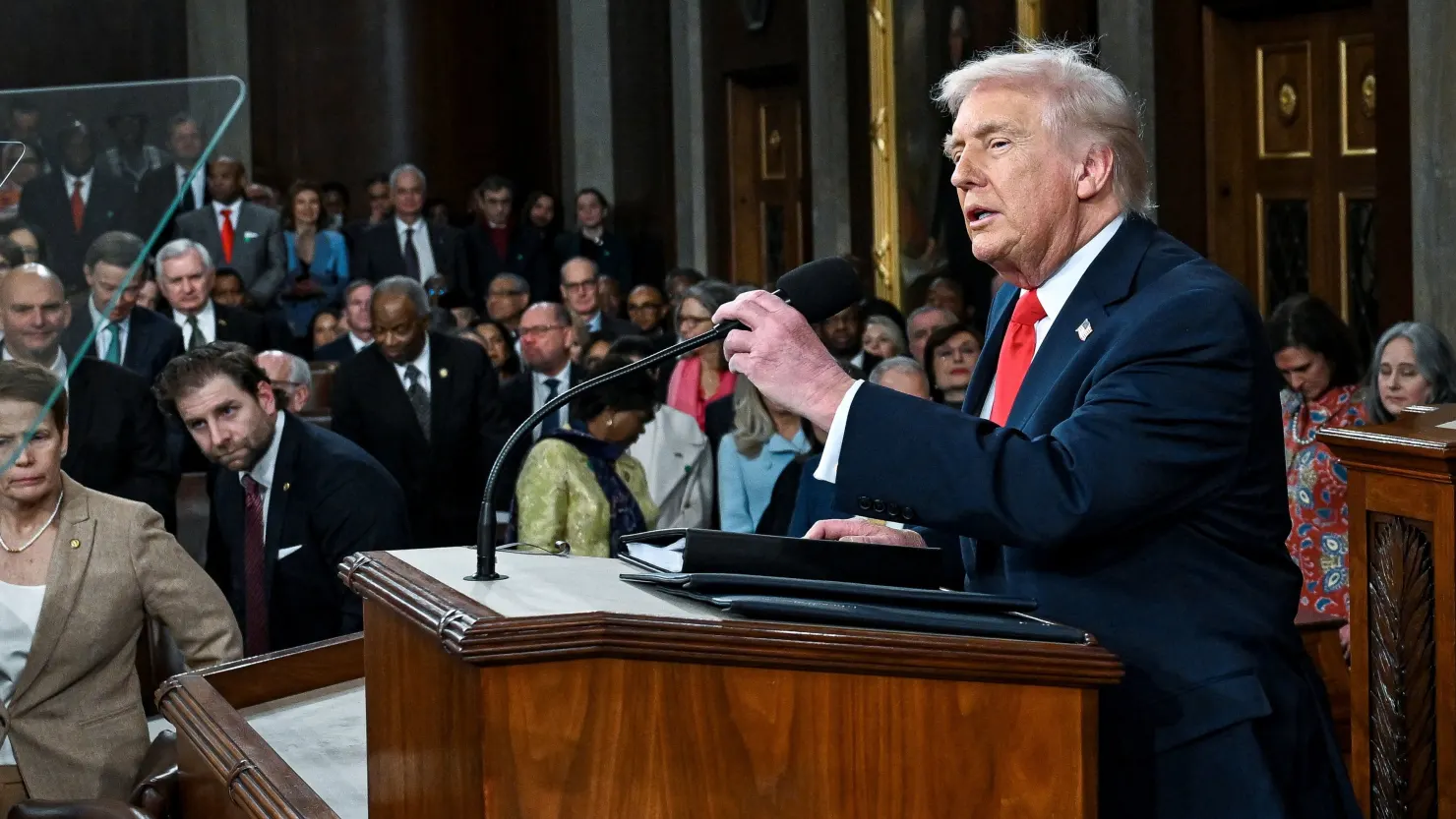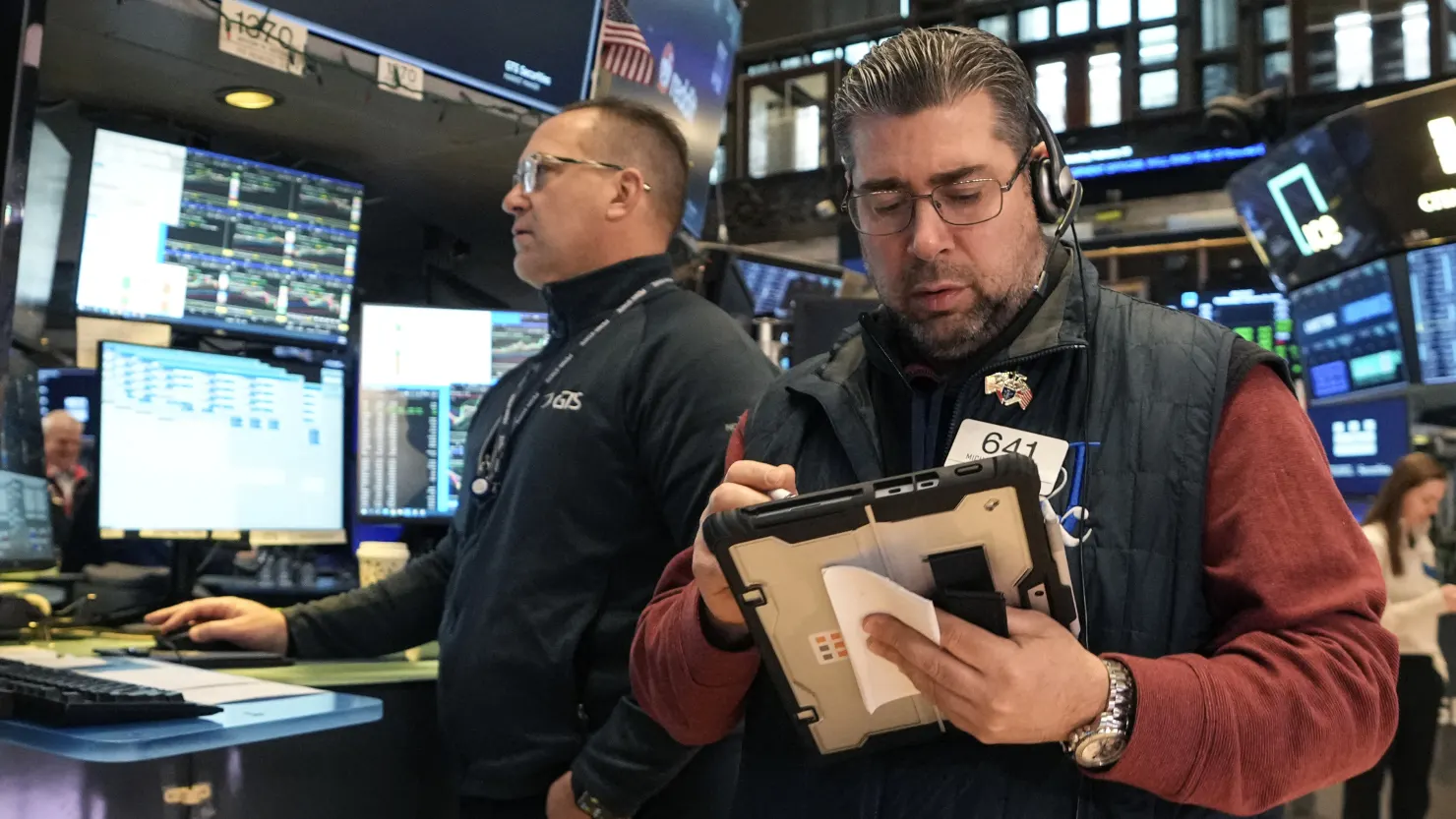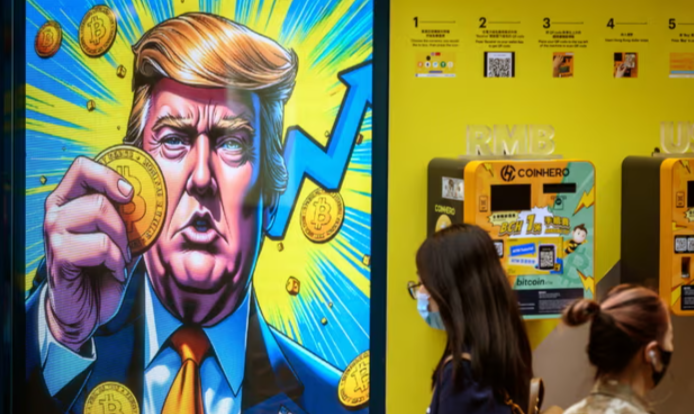A $2 billion cryptocurrency venture tied to President Donald Trump and a foreign government is igniting fierce debate in Congress, raising ethical concerns and threatening to derail bipartisan efforts to regulate stablecoins.
The controversy centers around a stablecoin project spearheaded by the Trump family through their company, World Liberty Financial, in collaboration with an Emirati state-backed investment fund. The deal, announced as part of a larger initiative involving the cryptocurrency exchange Binance, has drawn sharp criticism from Democratic lawmakers who view it as a clear conflict of interest.
In response, Senate Democrats have introduced new legislation seeking to prohibit sitting presidents, members of Congress, and their families from issuing, endorsing, or profiting from cryptocurrency ventures. The proposed bill emerged just days after Democratic lawmakers began expressing opposition to the GENIUS Act, a bipartisan effort to establish a regulatory framework for stablecoins—a type of digital currency pegged to the value of traditional fiat money.
Democratic leaders, including Sen. Chris Murphy (D-Conn.) and Rep. Sam Liccardo (D-Calif.), have described Trump’s crypto initiatives as some of the most blatant examples of self-dealing in US political history. Rep. Maxine Waters (D-Calif.) led a walkout during a House hearing on crypto regulation to protest what she called the “normalization of corruption.”
One point of contention is a marketing campaign for Trump’s meme coin, which promised high-level investors access to exclusive events, including a private dinner with the former president and a “VIP White House tour.” These references have since been removed from the project’s website.
Democrats also point to a recent executive order issued by Trump that mandates digital payments for all government transactions. While most federal disbursements are already electronic, critics say the order opens the door to the use of private stablecoins in public payment systems, potentially steering government funds toward ventures in which the president’s family has a financial stake.
The crypto community initially welcomed Trump’s embrace of the industry, seeing it as a shift from previous regulatory skepticism. However, recent developments have drawn concern that the Trump family’s involvement could undermine the legitimacy that stablecoin proponents have worked to achieve.
Supporters of the GENIUS Act and its House counterpart, the STABLE Act, argue that these bills introduce essential safeguards for digital currencies, curb illicit finance, and integrate cryptocurrencies into the broader financial system. Critics, however, claim the legislation would give crypto companies—including Trump’s—access to traditional payment infrastructure without equivalent consumer protections.
Further complicating the debate, some Democrats continue to support the GENIUS Act despite voicing concerns about Trump’s involvement in the sector. Sen. Kirsten Gillibrand (D-NY), co-sponsor of the bill, has faced scrutiny for backing legislation that could benefit the president’s family. Meanwhile, a group of Democratic lawmakers is now demanding stronger conflict-of-interest provisions and consumer protections before allowing the bill to move forward.
Trump, for his part, has denied any wrongdoing, stating his crypto ventures began “long before the election” and that his assets are held in a trust managed by his children. A White House spokesperson said:
“Stablecoin legislation should be passed on a bipartisan basis. President Trump is dedicated to making America the crypto capital of the world.”
Axios and the Guardian contributed to this report.










The latest news in your social feeds
Subscribe to our social media platforms to stay tuned